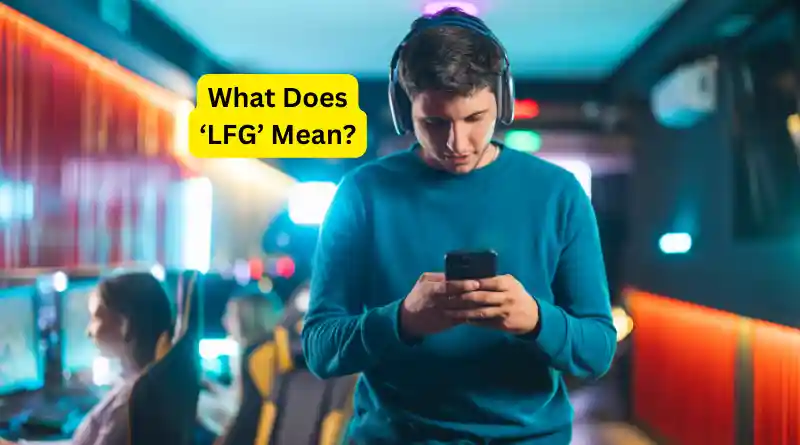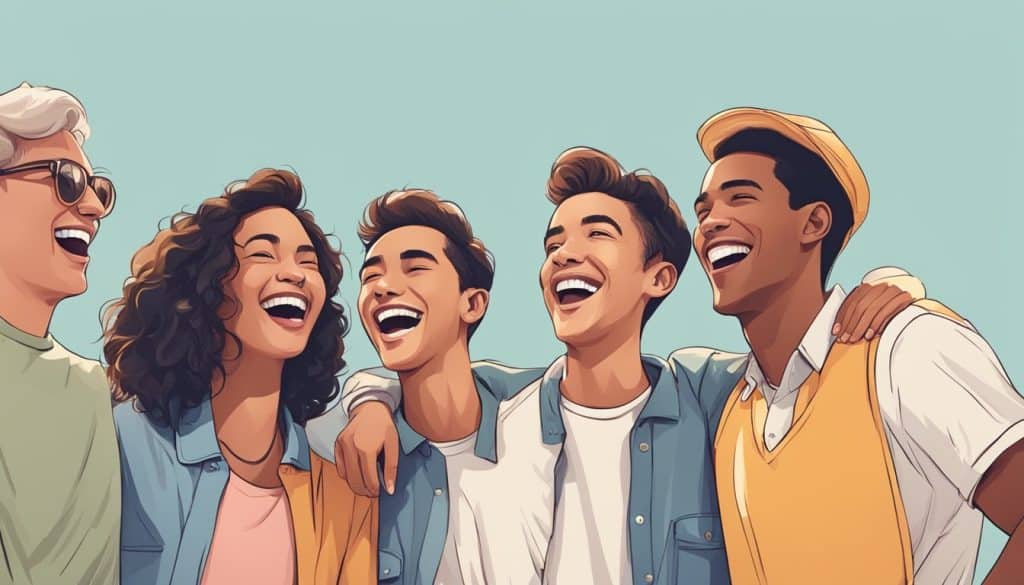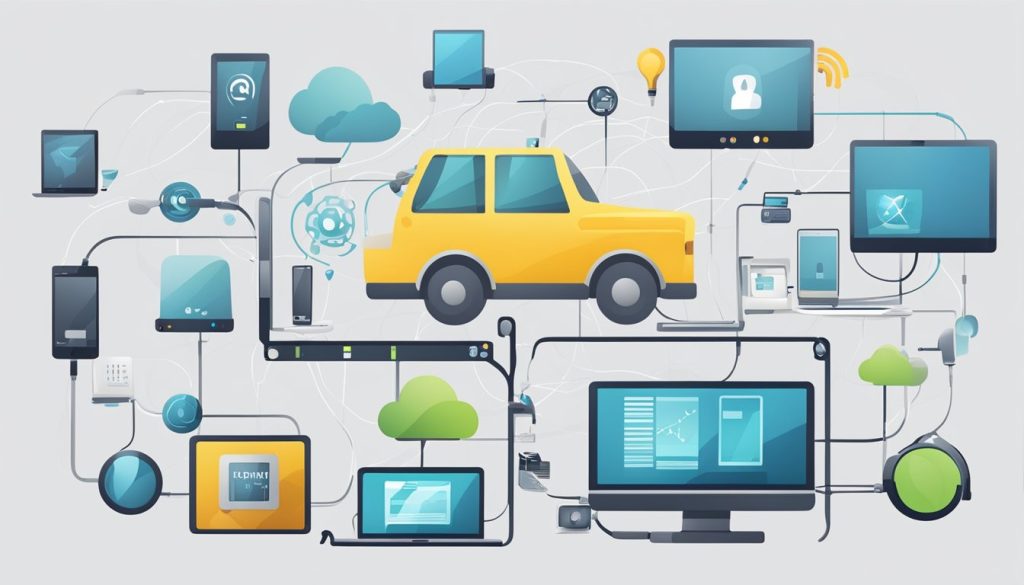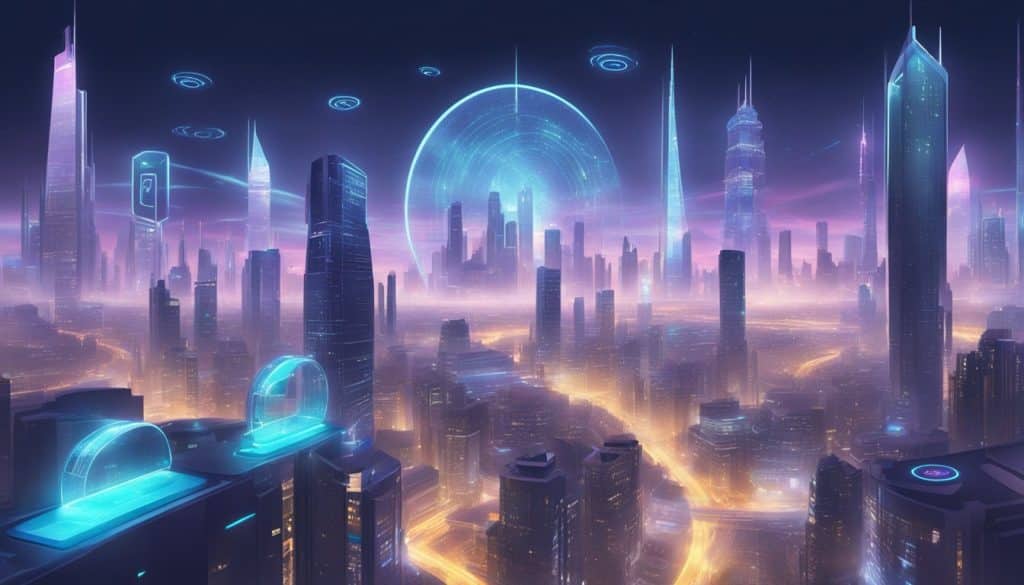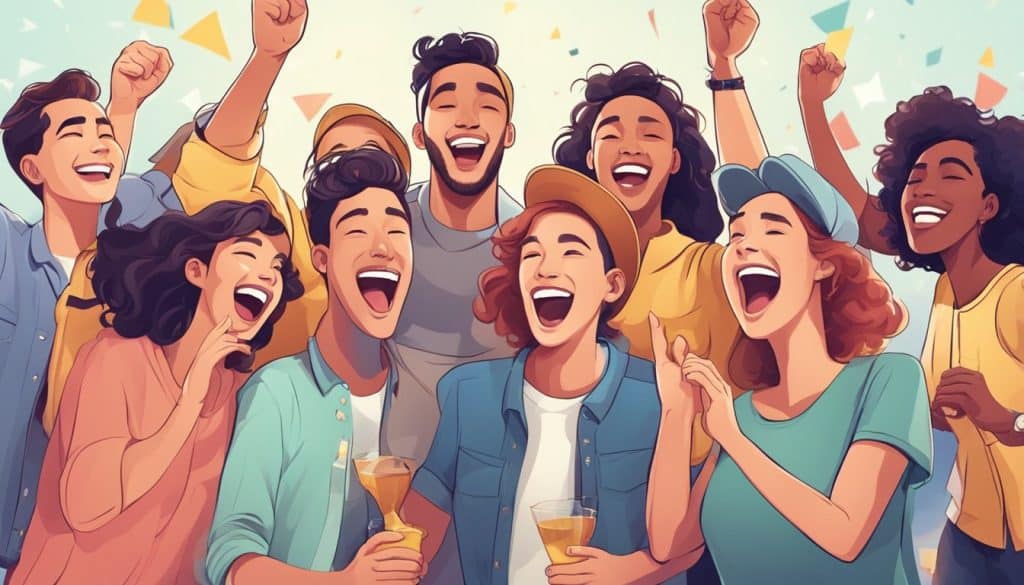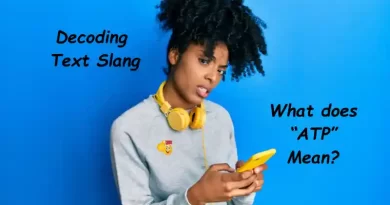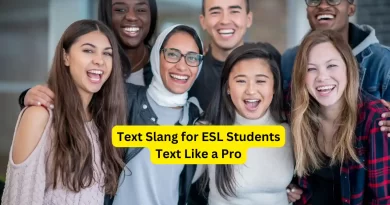LFG Meaning: From Game Nights to Adventure Calls
LFG Meaning: Unraveling the Acronym’s Use in Gaming Culture
In today’s digital age, the acronym “LFG” has become ubiquitous when decoding text slang across various online platforms. The LFG Meaning initially rooted in the gaming community, “LFG” stands for “Looking for Group,” a term signaling a player’s intent to find others to team up with for multiplayer gaming experiences. Gamers often use this abbreviation to streamline their search for teammates and enhance their gaming sessions.
Beyond the pixelated realm of video games, “LFG” has also evolved into a broader expression of enthusiasm and readiness, often exclaimed as “Let’s F***ing Go!” This phrase captures a sentiment of excitement and is applicable in countless scenarios, from rallying friends for a night out to amping up crowds at concerts or sports events. As language and technology advance, “LFG” exemplifies the dynamic nature of online communication and its influence on mainstream lexicon.
Key Takeaways
- “LFG” originates from online gaming, where it means “Looking for Group.”
- The acronym has transcended gaming and is now a general expression of excitement.
- “LFG” signifies the ongoing evolution of communication in digital and real-world contexts.
What does LFG Mean?
For “Let’s Freaking Go!”:
- Anticipation and Joy: Pair “LFG” with celebration emojis to boost the excitement.
- Example: “Concert tickets booked! LFG 🎉🎶”
- Adventure Calls: Use travel-related emojis when gearing up for trips or outdoor escapades.
- Example: “Road trip starts now, LFG 🚗💨”
- Game Night Excitement: Combine “LFG” with game-themed emojis to set the playful mood.
- Example: “Game night is on, LFG 🎲🕹️”
For “Looking for Group”:
- Questing for Companions: Signal your game genre with appropriate emojis to attract like-minded players.
- Example: “LFG for dungeon raid 🐉🛡️”
- Seeking Teammates: Use sport or activity emojis to clarify your gaming activity.
- Example: “LFG for basketball matches 🏀🙌”
- Building a Squad: Incorporate character or role-specific emojis to specify the team composition you’re looking for.
- Example: “LFG, need a healer and a DPS 🧙♂️🗡️”
Universal “LFG” Flair: Using Emojis with LFG:
- General Excitement: The rocket emoji signifies speed and enthusiasm, perfect for general “LFG” messages.
- Example: “Project launch day, LFG 🚀”
- Celebratory Mood: A Sparkler or Fireworks emoji can highlight celebratory “LFG” moments, marking achievements or special occasions.
- Example: “Finally graduated, LFG 🎓✨”
- Friendly Rally: The high-five or handshake emojis can represent camaraderie in both gaming and non-gaming “LFG” contexts.
- Example: “Team project begins, LFG 🤝”
By thoughtfully pairing “LFG” with emojis, you transform plain text into a dynamic, emotion-rich message. It’s a fun and effective way to convey your enthusiasm and intent, ensuring your call to action—whether for fun, adventure, or gaming—captures the attention and hearts of your audience. Let the emojis do the talking and make your “LFG” stand out in the digital crowd!
LFG in Online Gaming
In the realm of online gaming, “LFG” stands for “Looking for Group,” a phrase integral for players aiming to join forces with others to tackle the virtual challenges that await in their favorite games. This section provides a detailed overview of the multifaceted LFG landscape spanning various platforms, games, and communities.
Multiplayer Games and Communities
Online multiplayer games thrive on the sense of camaraderie and teamwork that forms within gaming communities. Players often come together to form guilds in MMORPGs like World of Warcraft or squads in shooters like Apex Legends. These communities use the LFG terminology to fill out their ranks, whether it’s for an epic raid or a quick dungeon run.
Popular Online Games and Platforms
Specific titles such as Destiny and Overwatch have cultivated massive followings where the LFG concept is commonplace. Gamers navigate to platforms like Discord or Reddit, where dedicated channels and forums cater to these needs, allowing players to connect and join forces.
Game-Specific Terminology
Each game has its unique terminology ripe with acronyms. A healer in an MMO might seek a group using “LFG,” while a League of Legends player may request aid on a quest to climb the ranked ladder. These terms are not just jargon but also a bridge that guides gamers towards collaboration.
The Role of Social Media
Social media platforms extend the range of LFG interactions beyond gaming-specific forums. Players recruit team members through tweets on Twitter, posts on Facebook, or stories on Instagram. LFG has, thus, become a bridge between virtual gaming endeavors and social networking.
Acronyms and Slang in Gaming Culture
The digital dialogue of online gaming culture is rich with acronyms. Expressions like GG (good game), GLHF (good luck have fun), and AFK (away from keyboard) are second nature in these circles. LFG is another building block in this lingo that helps to streamline communication.
Finding Groups Beyond Gaming
LFG’s utility transcends gaming. It’s seen in sports fan communities during events like the FIFA World Cup. Off-topic channels within gaming forums occasionally serve as places for people to connect over shared interests, proving LFG’s versatility.
The Etiquette of LFG
Engaging in LFG requires a certain decorum. It starts with clear communication and extends to mutual respect, especially when strangers come together. The way a player presents their LFG request can influence how quickly they’re welcomed into a group or whether they’re passed over.
LFG Outside of Gaming
While “LFG” predominantly stands for “Looking for Group” in gaming contexts, the acronym has permeated other areas of life to represent the gathering of individuals with common interests or objectives, especially in professional and educational settings.
Professionals and Career Networking
Professionals often use LFG as shorthand for seeking out career networking opportunities. On platforms like LinkedIn, LFG can signify an individual’s intent to connect with others in their field, exchange ideas, or find potential job openings. This use of LFG aligns closely with the labor force growth, where workers actively look to join forces for career advancement and skill development. Networking events, whether online or in real life (IRL), have become crucial for professionals aiming to expand their connections and open doors to new possibilities.
Educational and Study Groups
Educational pursuits also benefit from the LFG concept. Students or lifelong learners may post “LFG” in online forums or communities when they are looking for study groups. These groups can be for specific online courses or more general academic interests. The use of LFG in educational settings facilitates collaborative learning and resource sharing, aiding students in their pursuit of knowledge and academic success. It’s a tool for students to reach out and say, “Hey, let’s work together on this tough calculus problem, or dive into Shakespeare’s plays.” It’s about making studying a team effort rather than a solo grind.
Technical Aspects of LFG
Before diving into the complex mechanisms of LFG, it’s crucial to understand that this involves sophisticated AI and algorithms which work across various platforms such as PC and mobile devices.
AI and LFG Mechanisms
LFG, commonly understood as “Looking For Group,” employs AI mechanisms to facilitate and streamline the process of group formation in gaming and online communities. In essence, AI algorithms analyze player data, preferences, and history to suggest potential group members, optimizing the matchmaking process.
For example, on a PC, an LFG system may utilize complex algorithms to assess a player’s skill level, in-game achievements, and playtime to match them with similar players. This process involves machine learning models that continuously improve the accuracy of their suggestions.
Similarly, LFG features on mobile apps incorporate responsive AI that adapts to the limitations and interfaces of mobile devices. These systems prioritize speed and ease of use, leveraging predictive typing and simplified UI elements to aid in swift group formation.
The AI components in LFG mechanisms are critical for delivering a seamless and relevant experience. They are built on multifaceted algorithms that not only weigh a player’s in-game statistics but might also consider geographical location and available playtime, ensuring groups can meet in real time without conflicts.
In both PC and mobile contexts, the LFG experience is supported by backend AI systems that analyze user behavior, predict user needs, and personalize the matchmaking process. As these systems learn from each interaction, they become more adept at creating groups that offer players the best possible gaming experience.
Cultural Impact of LFG
The phrase “LFG” has transcended its origins as a simple call to action within online gaming and has firmly rooted itself into various facets of digital and contemporary culture. It now serves as both a rallying cry in social media and a slang term embedded in popular language.
Representation in Social Media
On platforms like Instagram, “LFG” manifests as a motivational message, a spark to rally support or enthusiasm for a shared cause or event. Posts often pair it with other internet slang such as “yeet” or affectionate acronyms like “xoxo” and “ily,” illustrating a melding of excitement and warmth. Urban Dictionary reflects this usage, capturing the evolving meanings ascribed by users. These convergences show how “LFG” is not just a call to action but also a connector, bringing people together in a digital space for a common purpose.
LFG in Popular Language
“LFG” has confidently stepped out of its strict gaming confines, evolving into a phrase that carries the connotation of moving forward with determination. It’s not uncommon to hear “Let’s freaking go” or its more explicit variations used during moments of high excitement or to pump up a crowd. The phrase has even made appearances in professional sports, demonstrating how it has permeated diverse aspects of culture. This evolution evidences the fluid nature of internet slang and how it can shape and reflect the language of a generation.
Evolution of Online Communication
In the dynamic realm of the internet, communication has undergone a significant transformation, evolving from simple acronyms to elaborate memes that convey complex emotions and thoughts.
From Acronyms to Memes
Initially, internet slang served as a swift way to convey messages, often due to the character limits imposed by early communication services. Acronyms—like BRB (be right back), IMO (in my opinion), and LOL (laugh out loud)—became quintessential pillars in digital discussions. They enabled users to express reactions and thoughts succinctly.
Over time, these acronyms became a widespread form of shorthand, enriching the conversational tapestry of online communication. For instance, FYI (for your information) and IMHO (in my humble opinion) seamlessly integrated into various dialogues, indicating a casual but informative tone. Even gaming communities adopted acronyms such as GG (good game), which acknowledged a game well played.
As digital platforms evolved, so did the nuances of these acronyms. Terms like YOLO (you only live once) encapsulate a cultural philosophy, urging users to embrace life’s opportunities. Moreover, the corrective FTFY (fixed that for you) often appears in forums to denote alterations or corrections made in a light-hearted manner.
Meanwhile, memes emerged as another revolutionary communication tool, often combining imagery with text to capture a wide range of emotions and cultural references. They transcended the constraints of text, allowing for a richer, more layered method of expression. Memes now accompany or even replace textual communication, demonstrating the vast palette of digital dialogue.
Together, these verbal and visual elements attest to the ingenious ways internet users have adapted to and enhanced online communication. They continue to shape and mirror the ever-changing digital landscape, painting a vivid picture of modern social interaction.
Safety and Privacy Concerns
While engaging with online gaming communities, players should be aware of the potential risks to their safety and privacy. Among these concerns are account security and handling online harassment, which are critical to ensuring a safe gaming environment.
Account Security in Online Platforms
Online platforms should prioritize user account security, as it acts as the first line of defense against unauthorized access. Gamers are encouraged to create strong passwords combining letters, numbers, and symbols to fortify their accounts. Moreover, implementing two-factor authentication adds an extra layer of security, making it tougher for intruders to gain entry. Additionally, gamers should always be vigilant of phishing attempts and secure their personal information diligently. Privacy settings offered by gaming platforms can help users control who sees their gaming activity and personal information.
Handling Online Harassment
In the realm of online gaming, handling online harassment is a serious matter. Communities are encouraged to establish and adhere to community guidelines promoting respectful conduct. They must also provide robust and accessible reporting systems for users to report any form of harassment swiftly. Prompt responses to such reports can prevent situations from escalating, helping maintain a respectful and enjoyable gaming environment for everyone.
Players should remember that both the security of their accounts and handling harassment are integral to their overall online experience. They need to make use of all the tools and resources provided by gaming platforms to help maintain their safety and privacy while enjoying the virtual worlds they love.
Future of LFG
The future of LFG (Looking for Group) is shaping up to be an exciting arena, especially with advances in technology and shifts in online behavior. In the world of online gaming – encompassing MMOs, FPSes, RPGs, and other interactive experiences – matchmaking and social engagement are poised for transformation.
Innovations in Online Group Formation
Advancements in AI and machine learning are expected to revolutionize how players find groups within RPGs and MMOs. AI algorithms are becoming adept at predicting player compatibility and suggesting potential teammates, aiming to enhance the gaming experience. Additionally, the growth of virtual reality (VR) and augmented reality (AR) technology offers new ways for gamers to connect and interact. By integrating VR and AR, players might soon step into more immersive game worlds and form groups in ways that closely mimic real-life interactions.
Moreover, the gaming industry in the EU and AMA (Americas) is investing in technologies that streamline the group formation process. They foresee a future where in-game tools are so intuitive that they can connect players effortlessly, reducing wait times and ensuring more balanced team dynamics.
Trends in Online Interaction
The trend in online interaction moves towards more integrated social experiences. Streaming services and platforms are tapping into the power of live broadcasts to create virtual events that feel as compelling as attending in-person. This shift is significantly impacting the eSports scene, where LFG could expand to include finding fellow fans and teammates to attend online events together.
Furthermore, the popularity of games with significant online components continues to encourage developers to create more elaborate social features within games. Trends suggest that there may be a closer synergy between in-game LFG systems and external social platforms, fostering a more connected and holistic gaming community.
Within this landscape, LFG’s future will be crucial for nurturing the social fabric of online gaming, as group formation and interaction go hand-in-hand with the staying power and engagement levels of these virtual worlds.
Conclusion
In the dynamic landscape of online communication, LFG stands out as an acronym that smoothly fits various contexts. Initially, Looking for Group was the go-to interpretation within gaming circles, where players band together for quests and raids. However, as digital socializing evolves, Let’s Freaking Go has become an equally prevalent usage, echoing excitement and camaraderie across social media platforms.
By examining the different ways LFG is employed, it’s clear that context dictates meaning. Whether rallying a team in an online game or firing up friends for a real-world adventure, LFG captures the spirit of collaboration and enthusiasm.
Remember, though, that while LFG is informal and versatile, appropriateness is crucial. It fits best in casual conversations or when you’re among peers who appreciate internet shorthand. Use it to inspire, to invite, and to ignite that sense of urgency and excitement that comes with embarking on something new, be it a challenging game level or a spontaneous road trip.
In essence, LFG serves as a digital battle cry, a unifier of groups with a common goal, and a bridge between virtual achievements and real-life thrills. It’s a reflection of the digital generation’s pulse — quick, adaptable, and always ready for the next big thing.
Frequently Asked Questions
For Gen Z, LFG may straddle the line between a call to action and an expression of enthusiasm in the sense of “Lets freaking go!”. It encapsulates the spirit of diving into experiences, be it digital or real-life adventures.
In online gaming, LFG stands for Looking For Group. Gamers use this acronym when seeking others to team up with, for completing quests or tackling challenges in games like MMORPGs and FPSes.
In cryptocurrency, LFG can sometimes refer to a “Let’s Fucking GO” to the moon attitude, denoting excitement or encouragement when a crypto asset is performing well or hinting at a rally.
Within team sports, LFG often carries the same cooperative spirit as it does in gaming. It represents players or teams on the lookout for new members, additional players, or even scrimmages.
In social media, LFG retains its rallying cry essence, signaling enthusiasm or the start of an endeavor. It can be a general statement of motivation or about embarking on a streaming session, project launch, or any collaborative effort.

